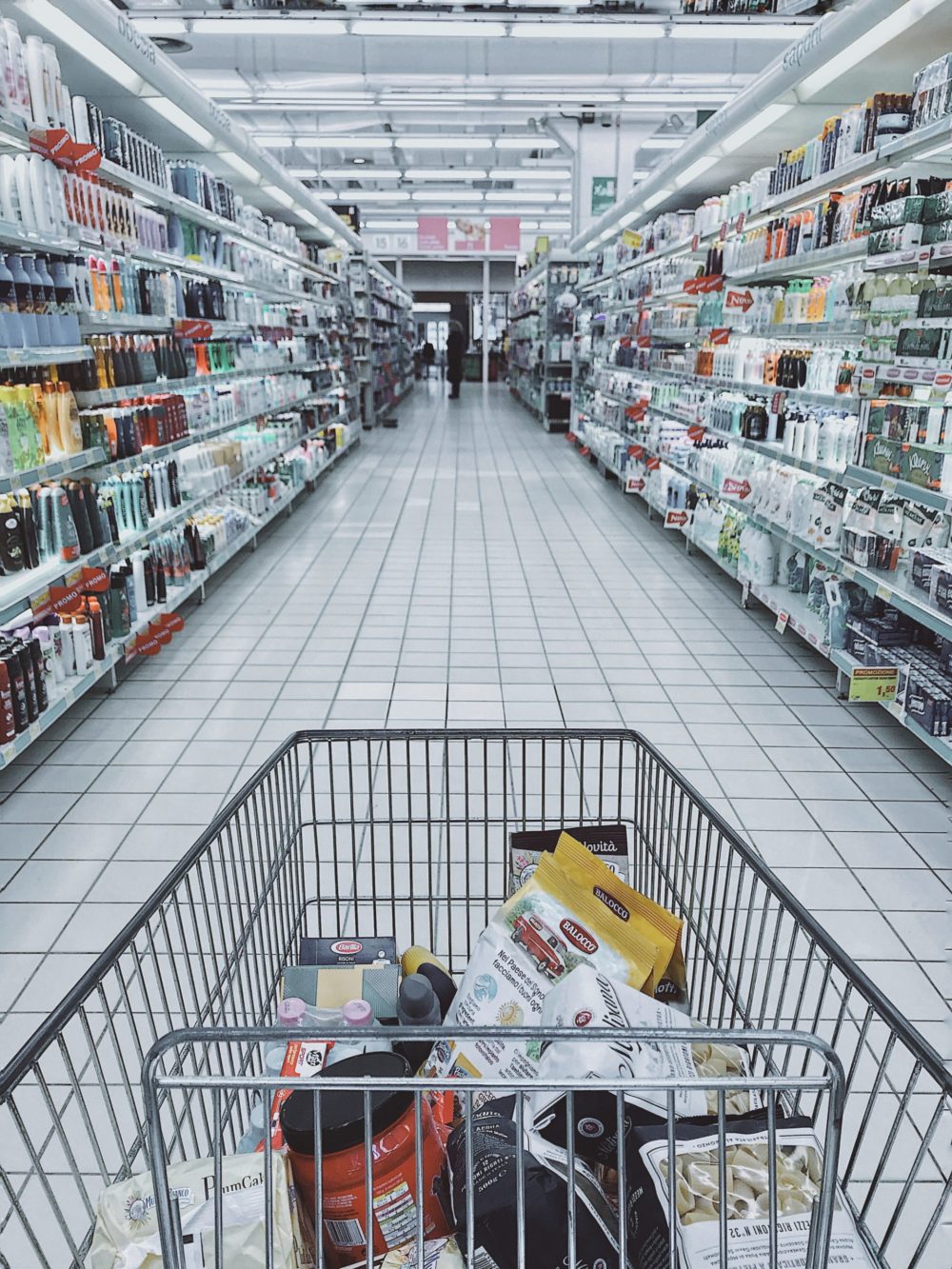Labor shortages are crippling several industries, including healthcare, education, construction, and retail. Customers are experiencing longer wait times, different store hours, and temporary closures. In the most underserved neighborhoods, customers are experiencing the lingering effects of COVID-19. Individual retailers are making daily assessments to determine how to service customers. Walgreens has reported that the demand due to the super spreader strain of the virus is unlike anything it has seen before. The pharmacy chains have reported massive staff shortages in the wake of the Omicron spread.
 According to Walgreens’ spokesperson, “This latest COVID-19 surge put significant strain on several industries, as it’s driving demand for COVID-related services and products unlike anything seen before. We’re experiencing this in communities we serve and remain committed to providing the support needed to get through the surge.”
According to Walgreens’ spokesperson, “This latest COVID-19 surge put significant strain on several industries, as it’s driving demand for COVID-related services and products unlike anything seen before. We’re experiencing this in communities we serve and remain committed to providing the support needed to get through the surge.”
These staffing shortages impact businesses’ revenue. Some employees have contracted COVID, have a family member with COVID-19, or encountered someone with COVID-19. This issue has become a bigger concern with the widespread instances of the Omicron variant. The lack of staffing affects customer experience and profitability. During the pandemic, customers have experienced long lines in stores, the drive-thru, and delivery times. Some pharmacy locations have limited services like closing the drive-through windows. Other retail pharmacies have modified their store hours or experienced temporary closures.
“While the vast majority of our stores are open and operating with normal business hours, the ongoing labor shortage combined with the surge of COVID-19 cases has resulted in isolated instances in which we’ve had to adjust operating hours or close a limited number of stores. When making the difficult decision to adjust store hours, we make every effort to minimize disruption for our customers. We select days with the lowest prescription demand, ensure that there is a nearby pharmacy to meet any immediate prescription needs, and provide patients as much advanced notice as possible through signage, automated phone calls, and adjustments in refills” -Walgreen’s.
Most retail employers are trying to increase staffing, but it can be a challenge while dealing with the stress of staffing shortages. Employers have open positions but do not have qualified applicants to fill those positions. Increased hourly wages, signing bonuses, and other perks are there to entice new employees. Could this be the result of the “Great Resignation” of 2021? There is a high number of employees quitting their jobs that have affected the retail and hospitality service industries.
 There are “Help Wanted” signs everywhere. Employers are eager to hire new people, but employees are very selective about which positions they accept. Prospective employees are looking for flexible schedules and more work-life balance. There is an increase in candidates looking for remote work.
There are “Help Wanted” signs everywhere. Employers are eager to hire new people, but employees are very selective about which positions they accept. Prospective employees are looking for flexible schedules and more work-life balance. There is an increase in candidates looking for remote work.
Theresa Horton is a contributing writer for the Chicago Defender. Find her on social media @passionateresources.



